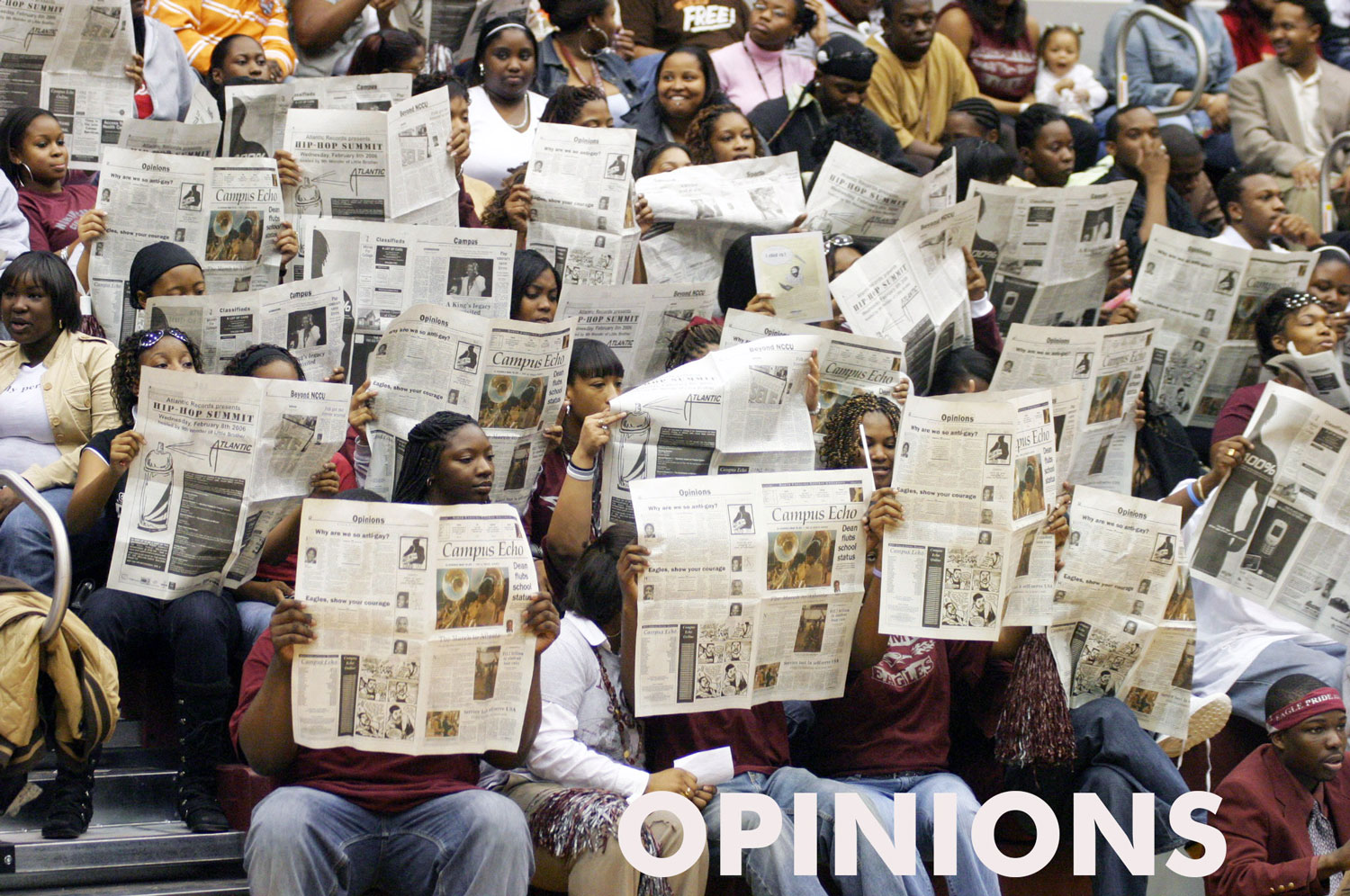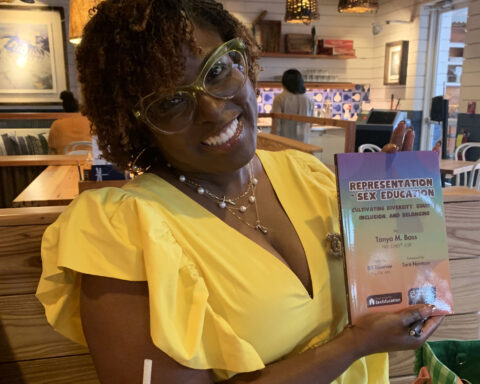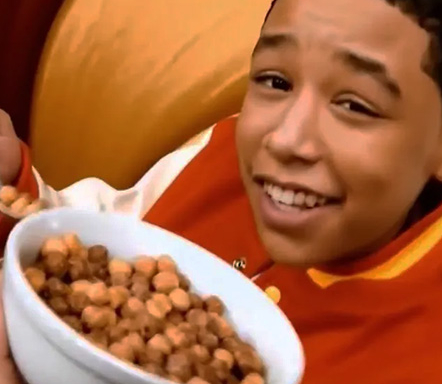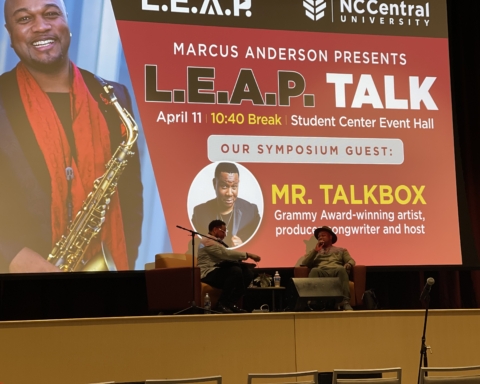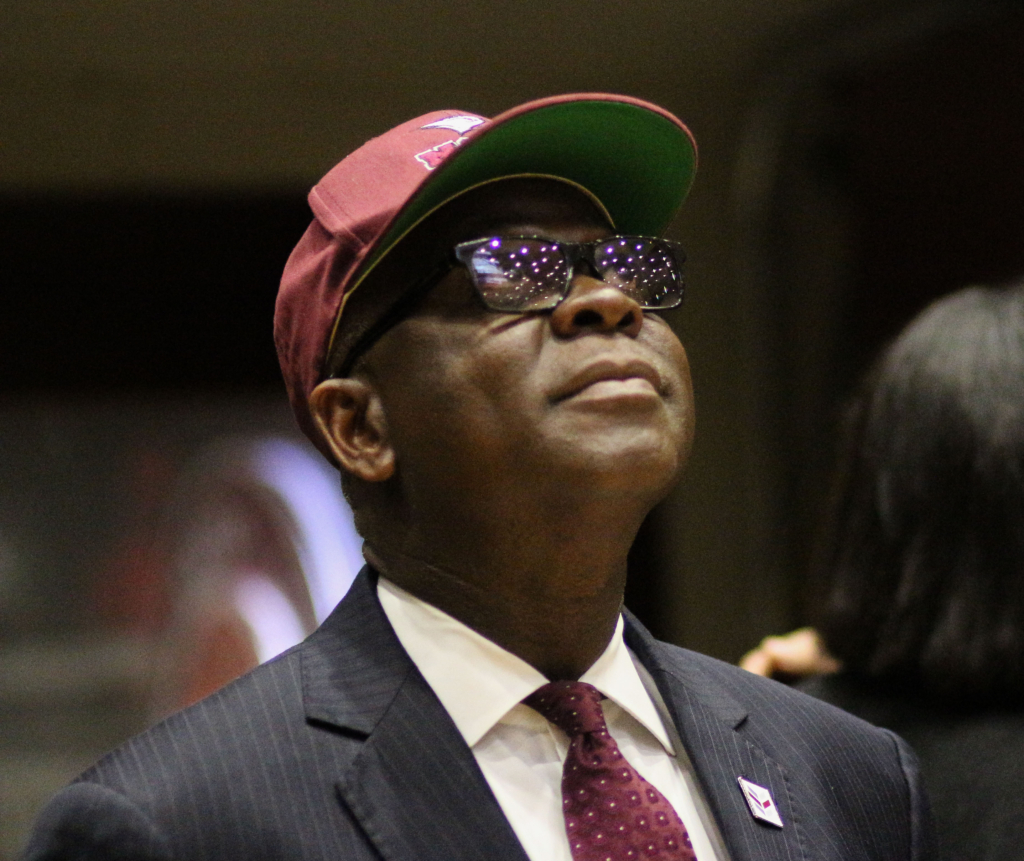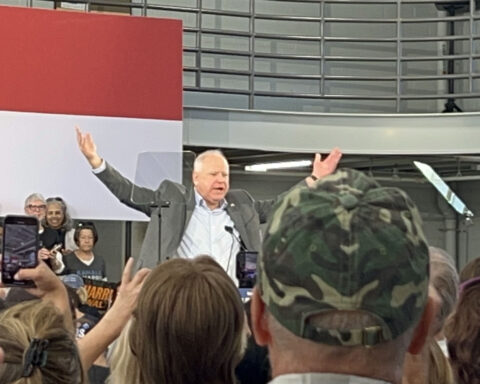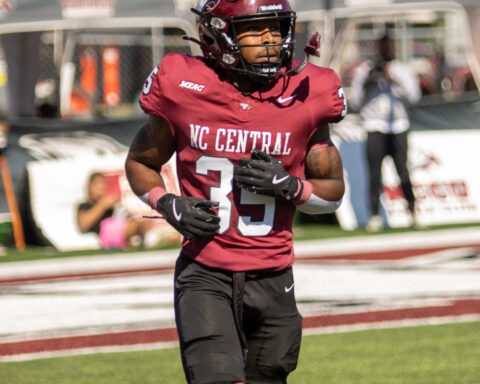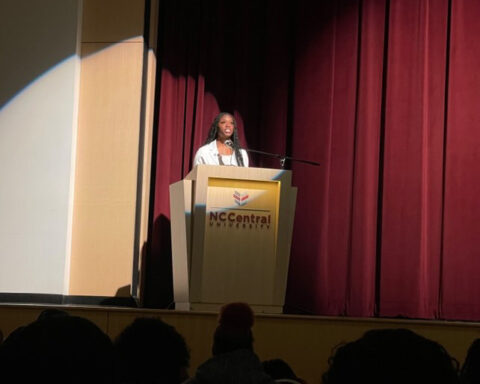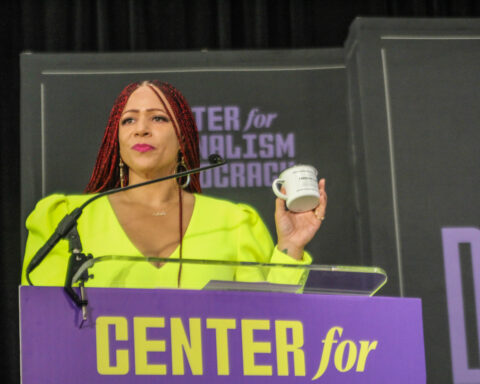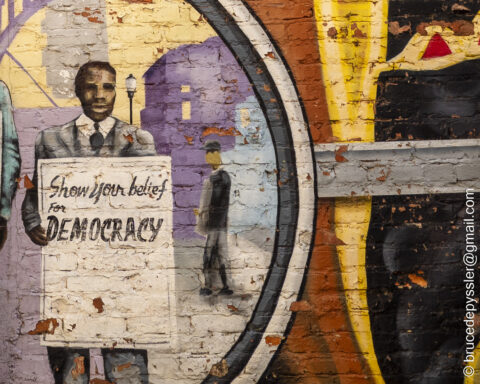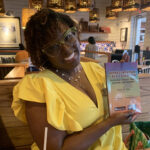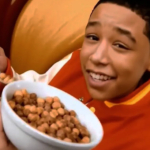Music has been an important feature of human culture since the beginning of time. We use it to communicate, celebrate, and express emotion. From the Djembe drum in 500 AD Africa (The Drum—Jazz History) to the Beatles and eventually Doja Cat, music has evolved throughout the centuries, and African Americans have greatly influenced nearly every genre. But their biggest cash grab? Rap and hip-hop.
While the rap genre has greatly influenced black culture by affirming our identities, calling out racial injustice, and teaching our community about overcoming our hardships, there is almost always a dark side to good things.
Rap is a force for good that many artists use for negativity and slander. Many men and women in the rap industry utilize rap as their main release for their sexual desires and fantasies, alongside their riches and admittance to their crimes, without accounting for the generations who look up to them.
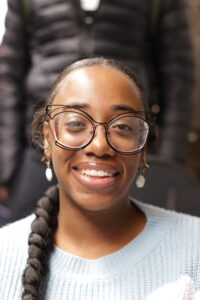
Rap music was first introduced to the world by an African American under the stage name “Kool Herc” in the 1970s. According to a Tristan Pelton’s BlackPast article, rap and hip hop cannot be traced back to a single individual, but this New York Disk Jockey [DJ] created the genre as it is known today by mixing pieces of jazz and funk records to create new beats for listeners to groove to.
However, the genre did not gain traction until 1983, when the hip-hop group Run DMC dropped its self-titled debut album, but afterward, there was an explosion of culture for African Americans. The clothes. The shoes. Even the hair. It was the first time we could feel a sense of responsibility for ourselves, and while it was delightful to see how creative our community could get, I wonder if that intuitiveness has gone flat.
The influence of female rappers like Ice Spice, Sexyy Red, and Megan Thee Stallion has led to an increase in the sexual viewing of women. Although these are just three women within the industry, they each have a rather substantial following trickling down into younger generations.
There is this TikTok video floating around that many have seen by now with these little kids jumping around and rapping along to Sexyy Red and Drake’s “Rich Baby Daddy” song while at daycare.
It is an extremely catchy tune, but there is something to be said about the children who are exposed to it almost every day. If they are smart enough to censor words they have been taught are “bad,” they may be smart enough to recognize the innuendos and explicites in the song.
Thanks to the recent Stanley Cup and Drunk Elephant trends, it seems like the younger you are, the heavier the impact is from your peers. Unfortunately, I cannot place blame on children for innocently listening to music, but I can look to the adults in charge, specifically the ones creating the music in question.
These few women [Red, Stallion, and Spice] consistently make music intended to sexualize themselves and drive the idea of being a man’s fantasy. Having big boobs, a big butt, a “30-inch weave, and long eyelashes” (Stallion, Girls in the Hood) is all a woman needs for success, according to Spice, Stallion, and Red. It is no secret that new-age rap artists do not make music for those under 18, but do they even make for the “sexy grown?”
Many adults (those over 18 in this case) look at their music as raunchy and wildly inappropriate. I agree, and I can’t help but wonder what their parents think. The success, money, and fame make the public humiliation worth it, I’m sure, but what is it to lose respect from your own family and community?
I can’t imagine what it would be like for them to attempt to get a job after their rap careers are over, which is inevitably coming. And while I could drone on how much I dislike this subgenre of rap music, I want to take notice of the other half of rappers because they are just as much to blame.
The 1983 explosion of music led to greats like Tupac, the Notorious B.I.G., and Jay Z. This is where the objectification of women begins.
These three men were so powerful throughout their rap careers that it was almost as if they could do no wrong. Many would listen to their music without paying much attention to the lyrics. However, if you listen closely, there are multiple songs dedicated to their indomitable attraction to women on almost every single one of their albums.
Jay Z is not as direct as the other two, but he has had his moments—for example, his hit song “Big Pimpin’” is almost entirely about having sexual relations with more than one woman at a time; hence the title “pimp.”
Even though Biggie and Tupac had beef beyond most’s imagination, there was one thing that seemed to unite the two: the affinity they both had for pretty women and misogyny. Both men had an attraction to smaller, light-skinned women, typically with long hair and colorful eyes. Boy, would they be disappointed at what is considered “beautiful” nowadays.
To continue, not only do men spend the majority of their rap careers discussing their likes and dislikes of women, but they also promote violence—both with and without guns. I know that it is hard to shake where you come from, and it is no secret that a majority of rappers emerged from nothing but street fights and petty theft to stay alive.
The influence of these rap and hip-hop artists has bled over into my daily life. Many young men around me no longer aspire to be greater than where they came from but instead succumb to being a product of their environment.
I watch as they mistreat and use women because they don’t look a certain way, sell drugs to call themselves entrepreneurs, and swing their gun charges around like a college degree. This only encourages the cycle that our community talks often about breaking.
Rap music has continued to push the motive that women should always look like Fashion Nova models even after waking up, and men should always be willing to provide, even for a woman who can easily do so for herself. The black community will never be able to abolish their stereotypes as long as they continue to feed into them.
I am not saying to boycott rap music because it is ingrained in our culture, but I am saying to watch how we are influenced and influence those after us. All it takes is a few seconds for a little girl just scrolling on TikTok to find a video of Ice Spice rapping “In Ha Mood” (in a skirt that barely covers her lady parts) for the millionth time and imitating that for innocent attention.
Similarly, it only takes a minute before a young man who spent all his time studying and staying out of trouble picks up a gun and rolls a blunt as a way to appear cool to the ones who run the corner. Rap music is the pulse of our community, but it is time we start utilizing it to uplift rather than demean each other and ourselves.

